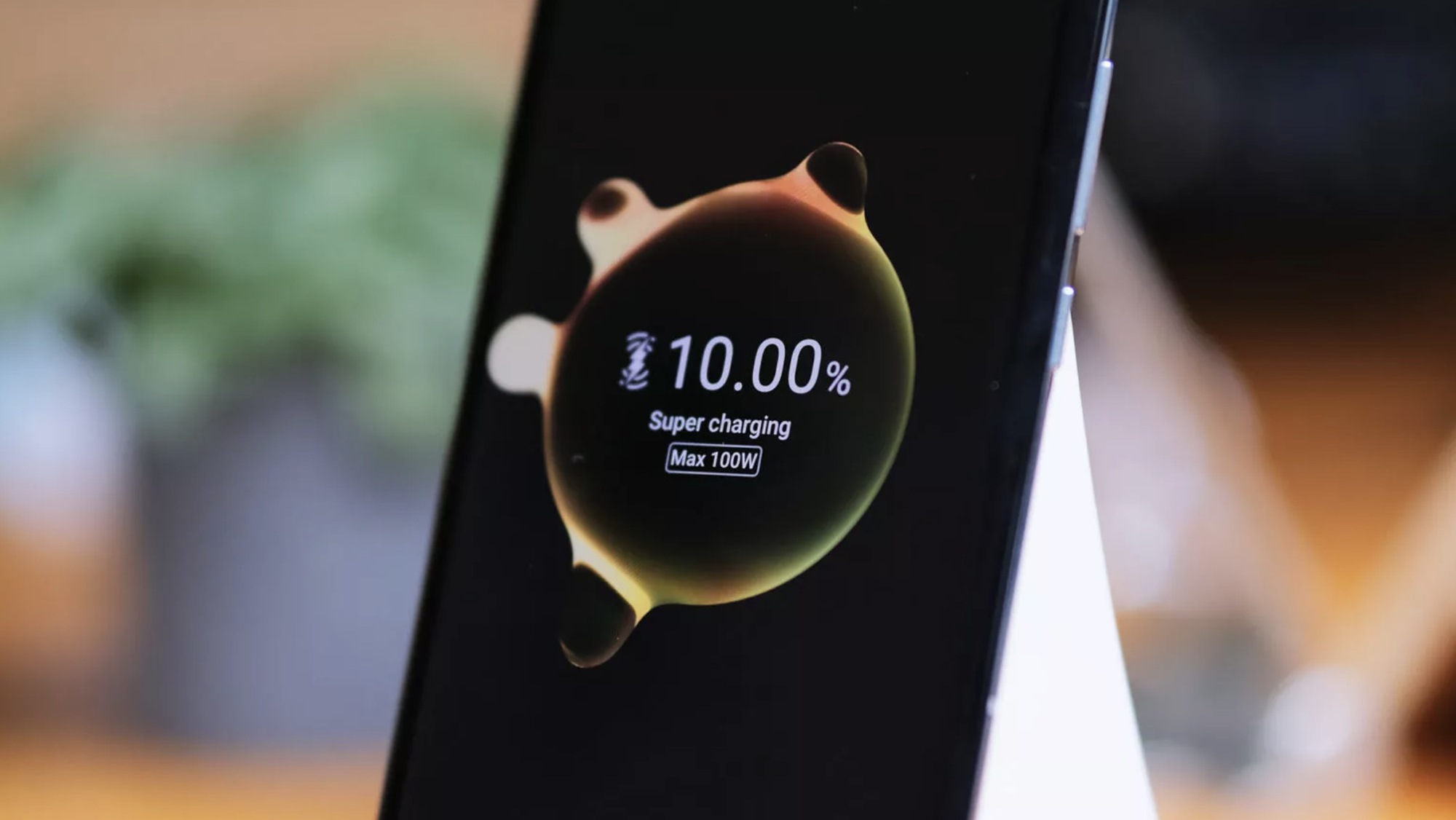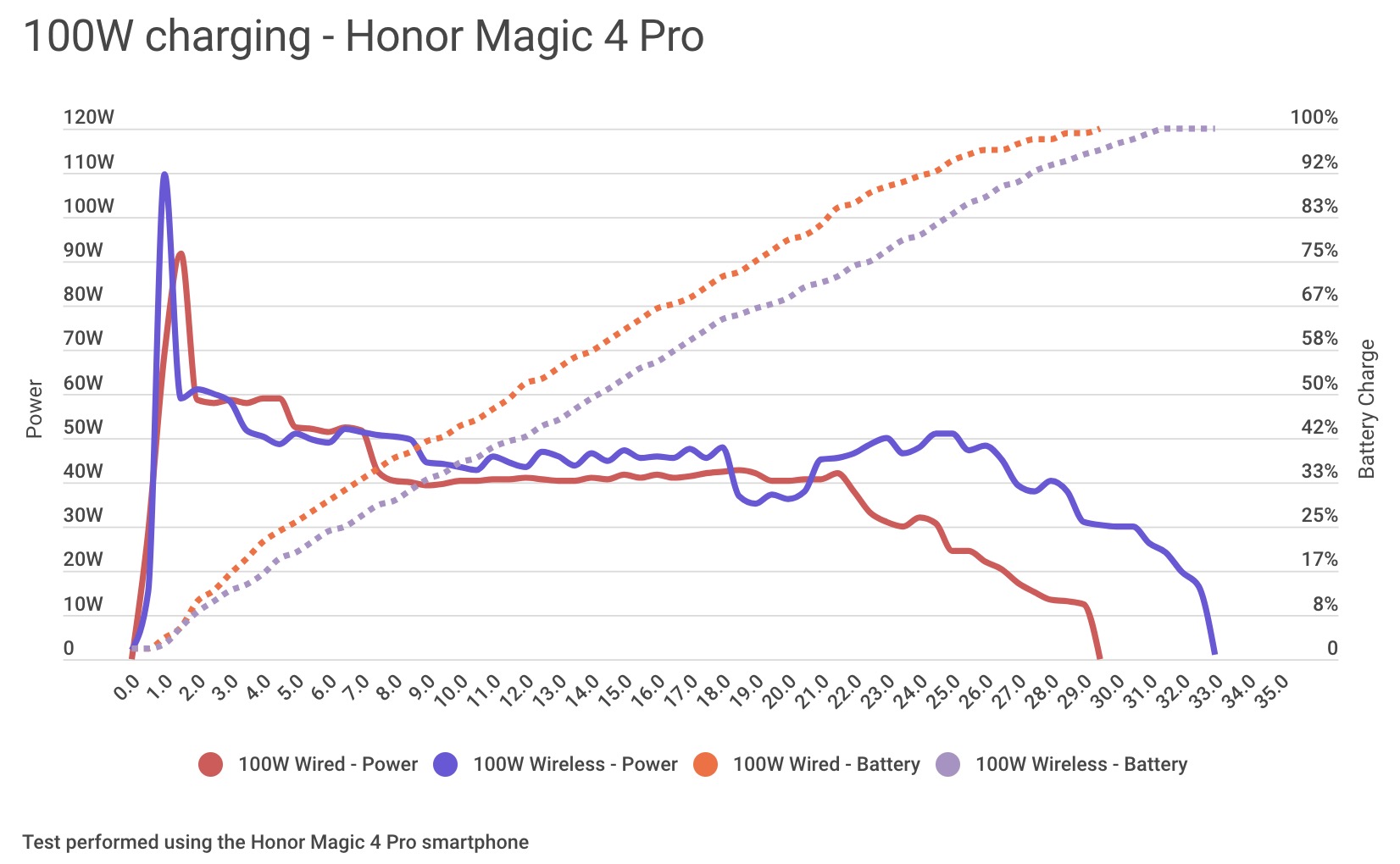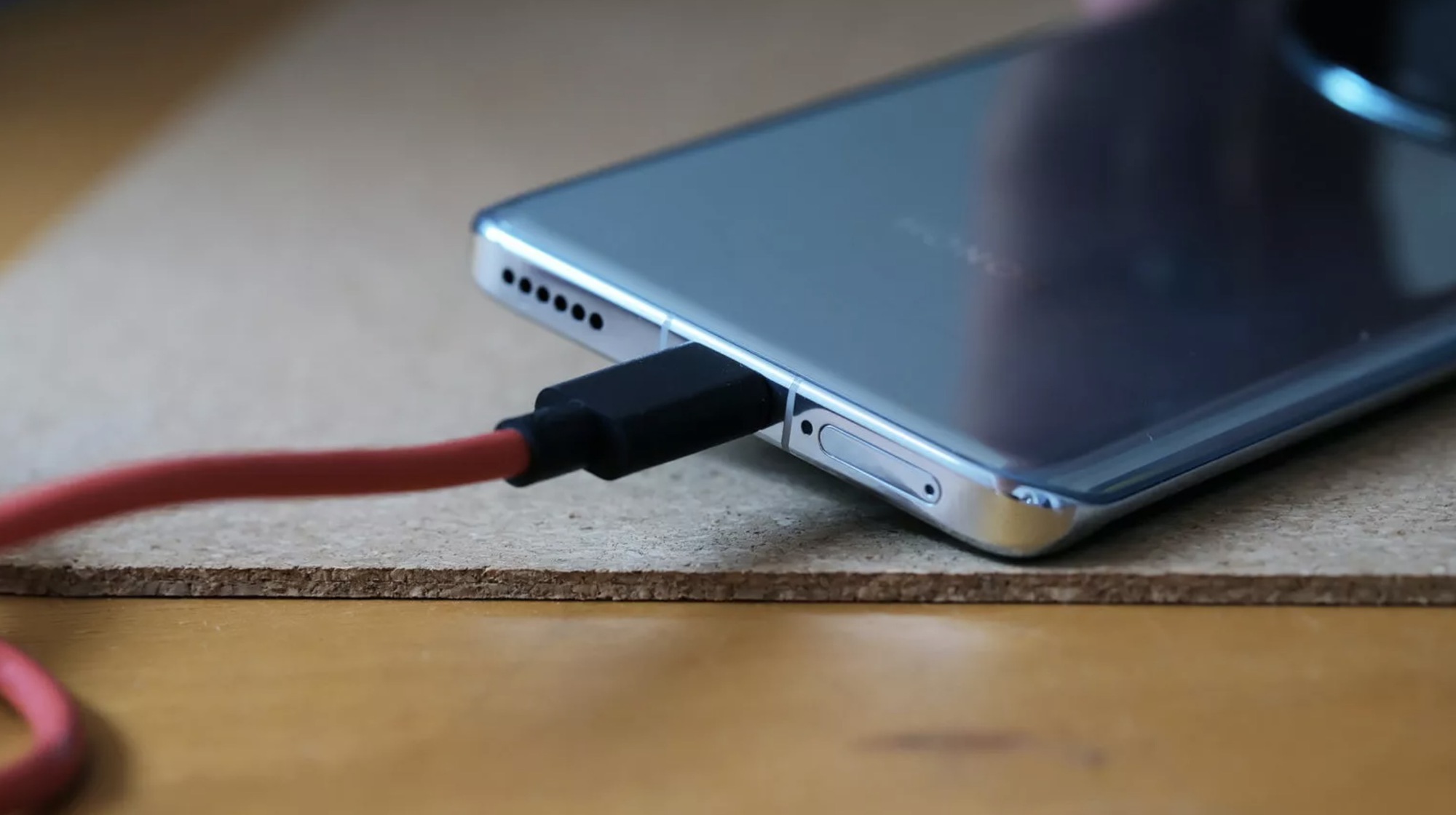The same is 100W super fast charging, quiz you between wireless and wired charging which is faster and why?
- Tram Ho
Gone are the days when smartphones could only charge 5W slowly, now, super fast charging is a new race. Wired and wireless charging capacity has reached new heights in 2022 and continues to increase further. Power levels close to and even exceeding 100W are increasingly common in smartphones, especially from Chinese manufacturers.
For example, the Honor Magic 4 Pro launched in 2022 has both 100W wired and wireless charging. This makes many users wonder, with the same 100W, between wired and wireless charging, which is faster?
Despite the same wattage, 100W wired charging should theoretically be faster than 100W wireless charging. The reason is that wireless charging causes loss of power transmission to heat in the coil and in the air. Furthermore, it depends on how brands and testing teams measure and publish these energy levels. In particular, for wireless charging, the advertised numbers are often provided from the level at the charging base rather than at the phone’s battery. So even though the charging dock may be 100W, the phone can only get 80W or less. Let’s see if this theory holds true in practice.

Same is 100W, between wired and wireless charging, which is faster? – Photo: Internet.
The Android Authority site did a test using the Honor Magic 4 Pro and Honor’s 100W wireless charging dock with the recommended 135W plug, and the Honor SuperCharge 100W wired charger that came with the device.
100W . wired and wireless fast charging test
The first thing to note is that there is no solution that maintains 100W of power for long. Both lasted less than a minute at peak power, with most of the charging power hovering below 50W for the wireless solution. Even more surprising is that wired charging cannot reach 100W exactly, the highest is only 92W. Short peak power is a trend that many manufacturers use to pursue marketing strategies. On average, these charging solutions are not much more powerful or much faster than previous fast charging solutions, but the “huge” numbers will attract more attention.
In terms of minutes to reach key charging milestones, 100W wired charging will fully charge the Honor Magic 4 Pro’s 4,600mAh battery in 29.5 minutes, while 100W wireless charging takes 33 minutes. Wired charging reached 25% and 50% of battery capacity in 5 minutes and 12 minutes, respectively, while 100W wireless charging hit similar milestones after 6.5 and 14.5 minutes. There’s no big difference here, but wired charging is a minute or two faster.

Wired charging comparison chart (red) and wireless charging (purple) – Photo: Internet.
As mentioned, both Honor’s wired and wireless charging technology can’t sustain 100W. In about half an hour of fully charging the battery, the 100W level only lasts less than 30 seconds.
However, wired charging can sustain around 60W of power for a few more minutes, giving the phone a boost during the early part of the charge cycle. The phone also gets much hotter when charging wirelessly. The battery’s temperature reached a peak of 42.2°C compared to 36.0°C with wired charging.
Why is there a lower maximum power, but wired charging still wins?
Wired charging peaked at around 92W while wireless charging peaked at 110W, although initial temperatures were the same. Likewise, wired charging spends most of the time hovering around 41W, while wireless charging close to 44W, but wireless charging is still slower when it comes to charging overall. Why is that?
This is predictable, as it relates to where the energy level is checked. The Android Authority page checks that the power going through the charging cable will be slightly lower than the power coming from the outlet. The charging cup is not 100% efficient — there is some loss due to the voltage and current converted from the mains. In this case, Honor’s plug can take more than 100W out of the socket but only 92W reaches the cable.

In the case of wireless charging, Honor’s setup requires a 135W charging cup, allowing over 100W to reach the wireless charging pad. However, the power level reaching the phone will be slightly lower. They are further lost when transmitting power wirelessly due to coupling between the coils, heat and air conduction losses. It is quite normal to lose about 20% of power when charging wirelessly.
To demonstrate this, AndroidAuthority calculated some approximate numbers of how much power the battery receives while charging. This data is not as accurate as the charging data above, so it is preliminary instead of absolute.
For wireless charging, the energy level measured in the battery was on average about 24% lower than that recorded at the charging dock. That means even though the charging dock can draw 110W from the mains, the battery only gets to 85W at its peak. Likewise, average charging dock wattages of around 44W will result in about 33W going into the battery.
For comparison, the average loss is just 4% between the USB-C charging port and the phone’s battery. So 88W of that 92W peak power went into the battery, and the battery cell gets about 39W most of the time it’s charging, which is a bit higher than what the battery gets when charging wirelessly. This helps explain why wireless charging is a bit slower than wired charging.
While the charging cable won, it was only a minute or two between milestones and even on a full charge. Fast wireless charging is almost as good as wired chargers, especially at these high power levels. The real trade-off is not speed but temperature, as we know high heat is not good for the longevity of the phone’s internal components. Therefore, Honor has integrated a cooling fan into a high-powered wireless charging pad like its 100W model.
If wired and wireless charging are about equal speed, are you ready to switch to wireless charging?
Source : Genk
